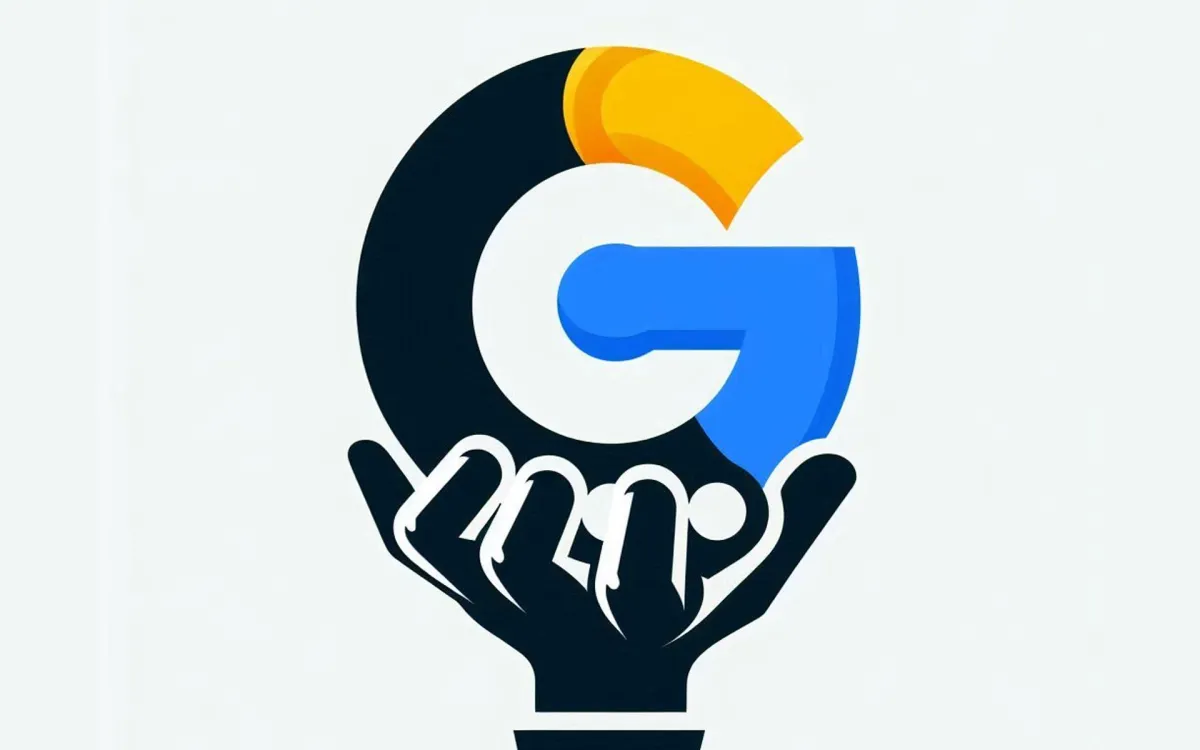
Google today announced a major update to its third-party policy, scheduled to take effect in November 2024. This update introduces severe penalties for third-party partners who enable significant or sustained violations of Google Ads policies, marking a decisive step towards ensuring a healthier and more compliant advertising ecosystem.
Google's new stance sends a clear message to advertising agencies and third-party managers handling Google Ads accounts: compliance is non-negotiable. The tech giant has stated that any activity by a third-party partner demonstrating a disregard for Google Ads policies may result in serious consequences. These include:
- Loss of privileges
- Removal from Google third-party programs, such as Google Partners
- Account suspension
The severity of these potential penalties underscores Google's commitment to maintaining the integrity of its advertising platform.
Zero Tolerance Approach
Perhaps the most striking aspect of this policy update is Google's declaration of a zero-tolerance approach to violations. According to the announcement, Google will consider violations of this policy as egregious. The consequences are swift and unforgiving: upon detection of any violations, Google will immediately suspend the offending Google Ads accounts without prior warning. Furthermore, the violators will be permanently banned from advertising on Google's platform.
This hardline stance represents a significant shift from previous approaches, where warnings or temporary suspensions might have been issued before such drastic measures were taken.
Implications for Third-Party Partners
The new policy places a heavy burden of responsibility on third-party advertising partners. These entities, which include advertising agencies, marketing consultants, and other intermediaries managing Google Ads accounts on behalf of clients, must now be extra vigilant in ensuring that all their activities strictly adhere to Google's advertising policies.
This update effectively makes third-party partners gatekeepers of policy compliance. They are now expected to not only follow the rules themselves but also to ensure that their clients' advertising practices align with Google's guidelines. Failure to do so could result in the loss of their ability to operate on the Google Ads platform, potentially jeopardizing their entire business model.
The Reasoning Behind the Change
Google's motivation for this policy update appears to be twofold:
- To promote a healthy advertising ecosystem: By holding third-party partners accountable for the accounts they manage, Google aims to reduce the overall incidence of policy violations across its platform.
- To discourage the enabling of violations: The severe penalties are designed to deter third-party partners from turning a blind eye to their clients' non-compliant practices, even if those practices might be profitable in the short term.
Preparing for the Change
With the policy set to take effect in November 2024, third-party partners have a limited window to review and adjust their practices. This preparation period may involve:
- Conducting thorough audits of all managed accounts to ensure compliance
- Implementing stricter internal controls to catch potential violations before they occur
- Educating clients about Google's policies and the potential consequences of non-compliance
- Possibly terminating relationships with clients who consistently push the boundaries of acceptable practices
The Broader Impact
This policy change is likely to have ripple effects throughout the digital advertising industry. It may lead to:
- A consolidation in the third-party partner market, as smaller agencies unable to guarantee compliance may struggle to compete
- Increased investment in compliance technology and personnel by advertising agencies
- A shift in client-agency relationships, with more emphasis on policy adherence in contracts and service agreements
- Potentially higher costs for advertisers, as agencies factor in the increased risk and compliance burden
Key Points
Google will update its third-party policy in November 2024
The update introduces severe penalties for enabling policy violations
Consequences include loss of privileges, program removal, and account suspension
Violations are considered egregious and will result in immediate, permanent suspension
Third-party partners must ensure strict compliance for all managed accounts
The policy aims to promote a healthier advertising ecosystem
Agencies have until November 2024 to prepare for the changes

